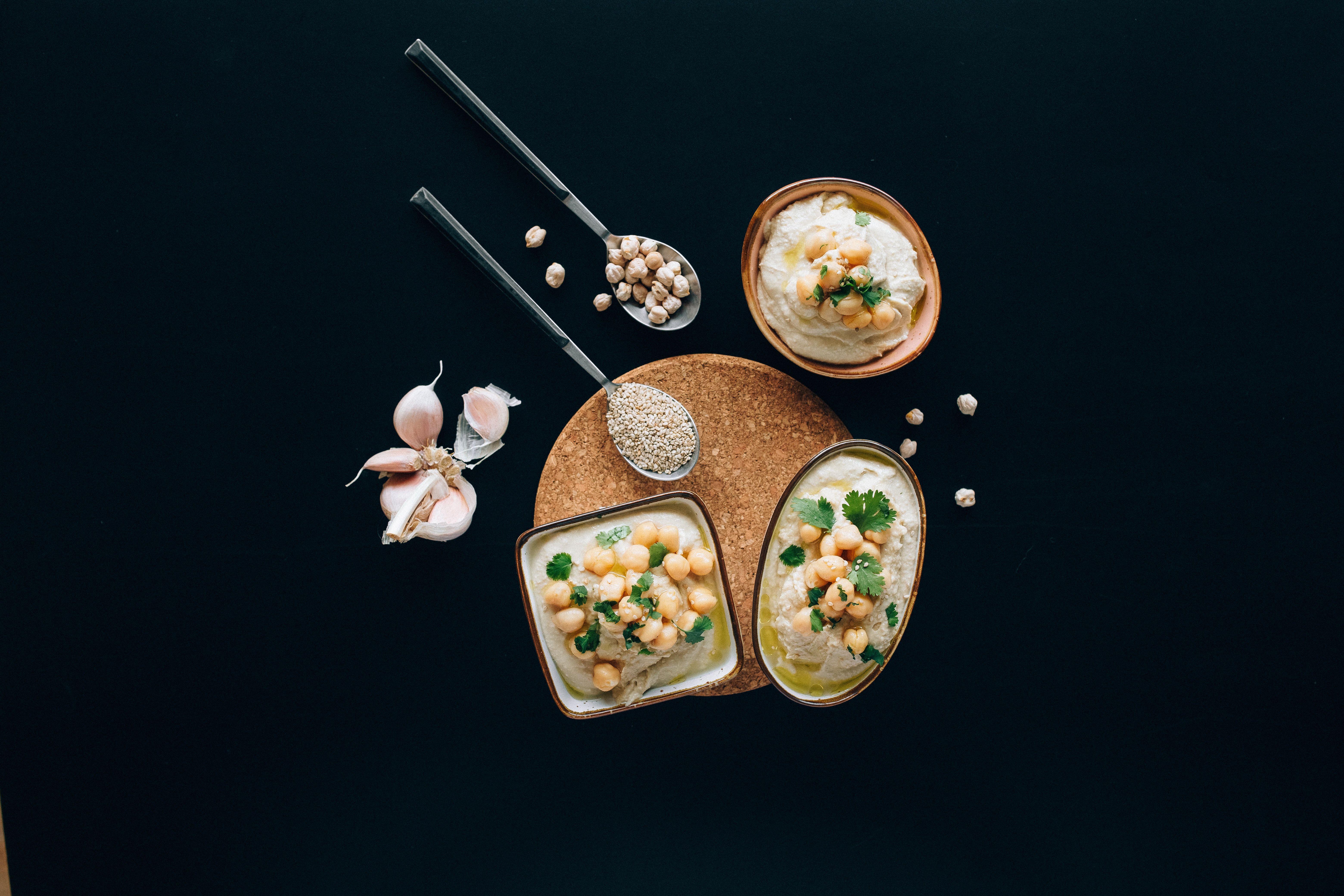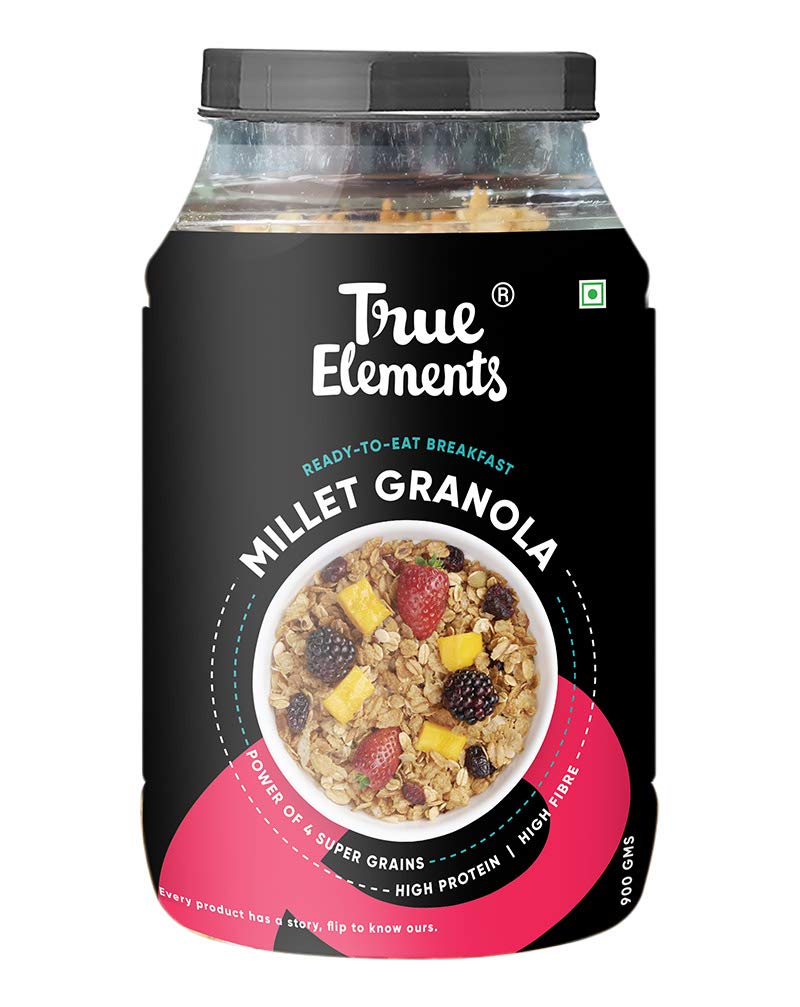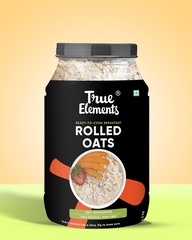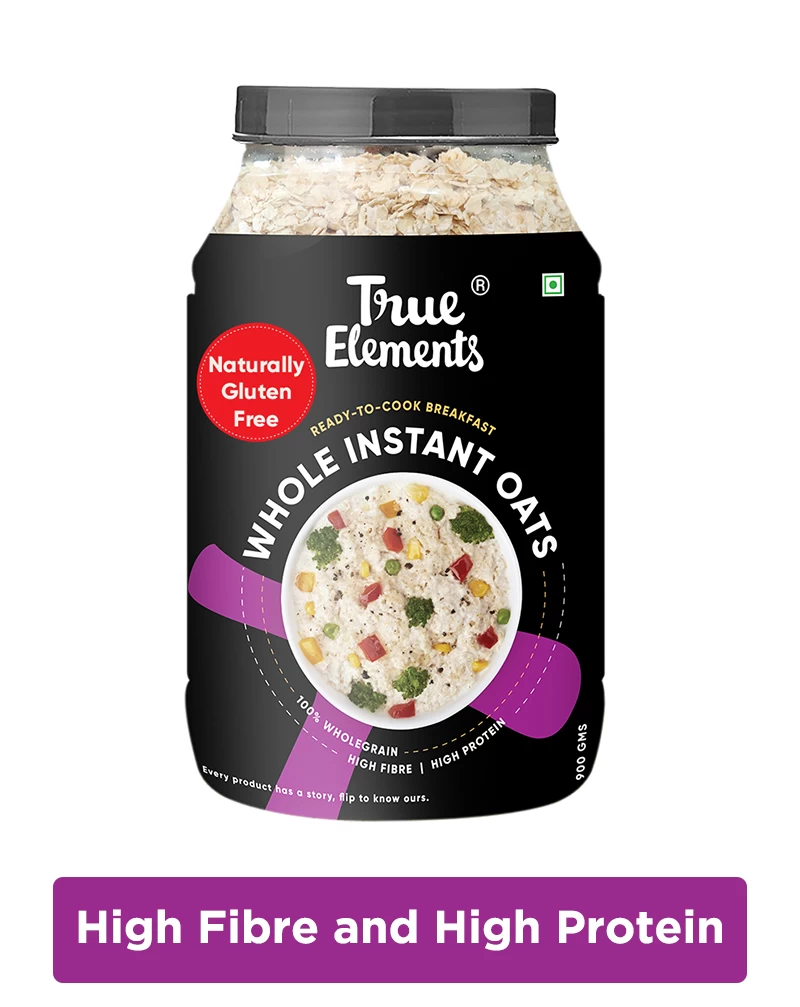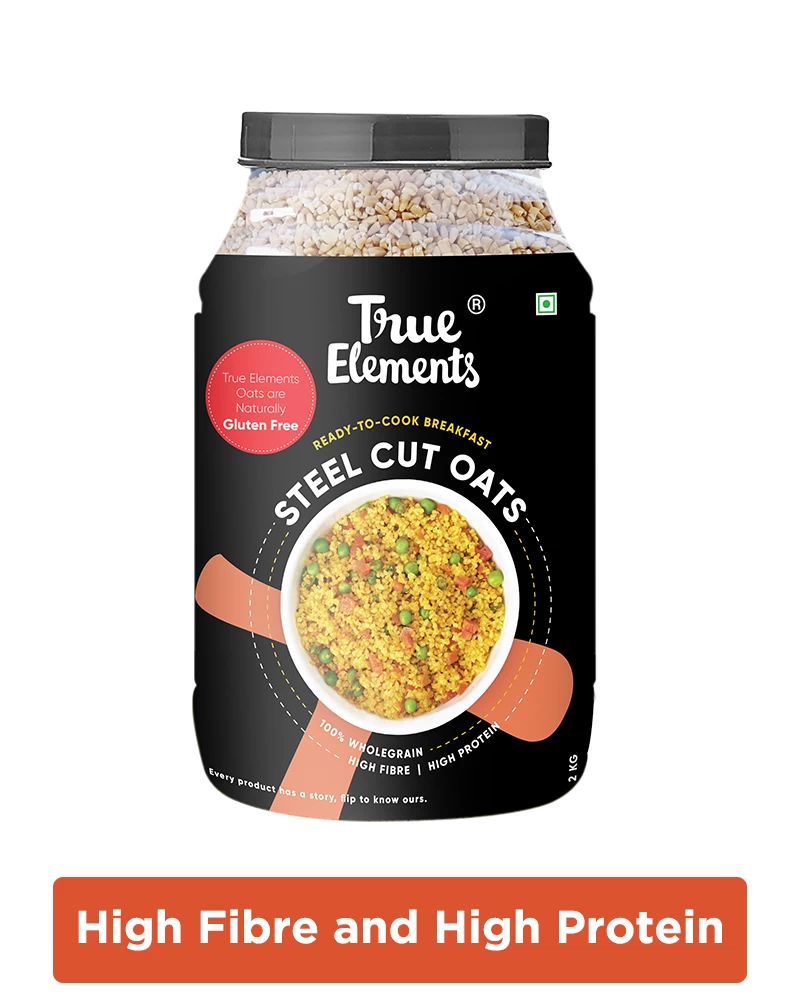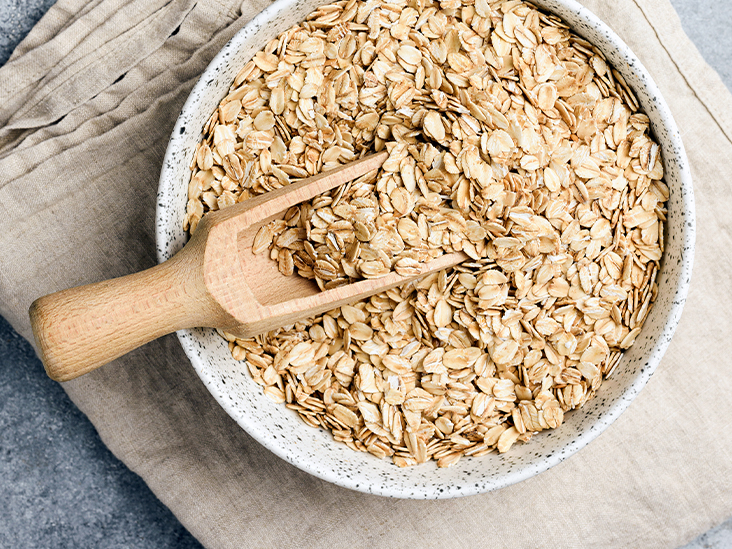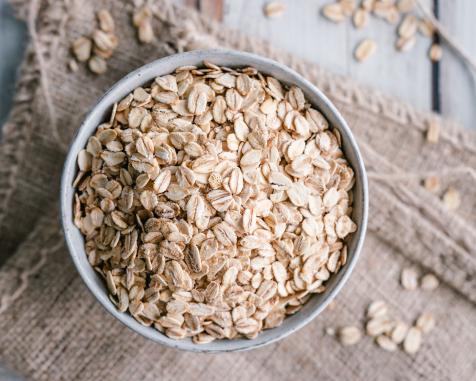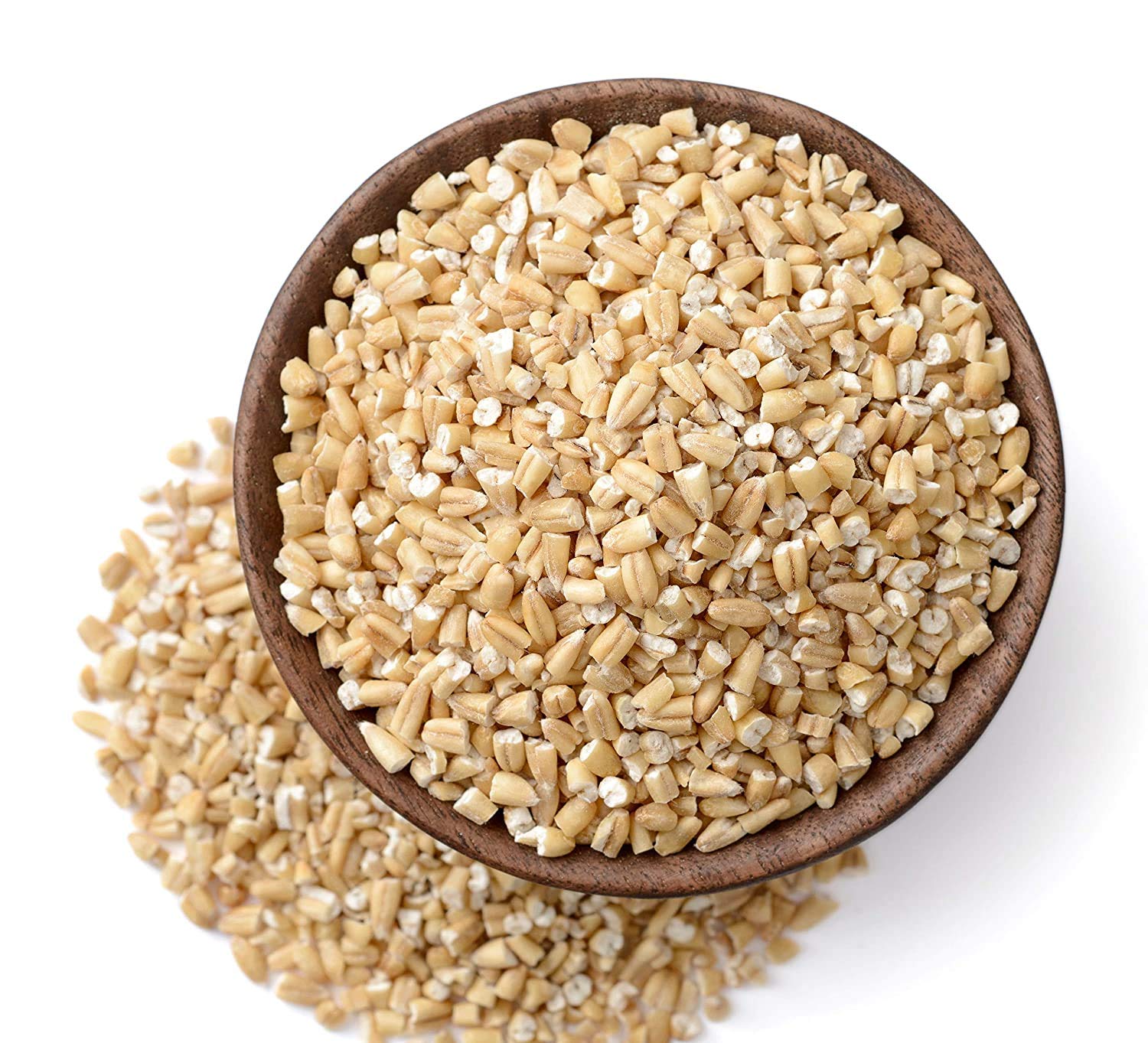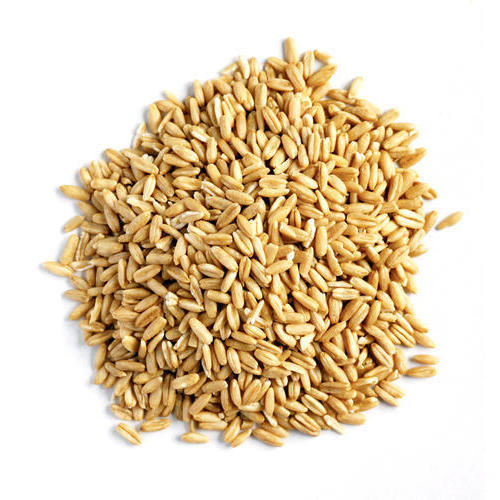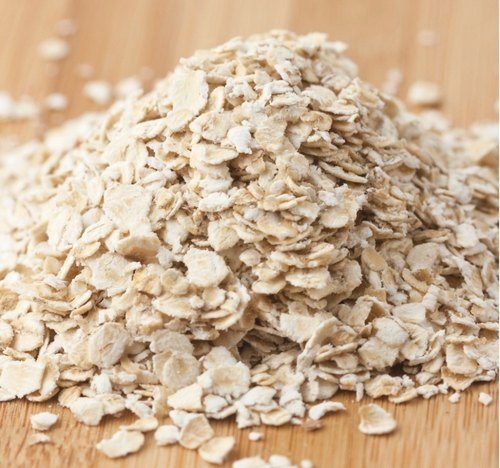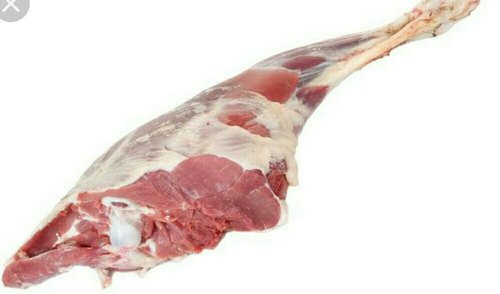Published Date January 24, 2003
Constipation: A Hard Truth
By Arpita Sudev
5 min read
Last update date: January 24, 2003
All about food, water, fibre-rich foods and constipation

Constipation is a condition in which there is difficulty in emptying the bowels, usually associated with hardened feces. It is a topic that most of us don’t want to have candid conversations about, especially when it comes to our own. It mostly happens due to changes in diet or routine, or due to inadequate intake of fibre. It is a condition that can bother anyone irrespective of age.
Usually, this happens when your colon absorbs too much water from waste (stool/poop), which dries out the stool, making it hard in consistency and making it difficult to push out of the body.
Generally, having fewer than 3 bowel movements a week is the technical definition of constipation. The pattern varies from person to person although here are some other key factors that usually define constipation:
- Your stools are dry and hard.
- Your bowel movement is painful and stools are difficult to pass.
- You have a feeling that you have not fully emptied your bowels.
- You are feeling bloated or uncomfortable.
- You are feeling sluggish.
- You are experiencing abdominal pain.
What can cause constipation? [2]
- Not getting enough fibre in the diet,
- Some medications,
- Lack of exercise/physical activity,
- Dehydration/Not having enough liquids,
- Irritable bowel syndrome,
- Ignoring the urge to have a bowel movement,
- Changes in habits or lifestyle, such as travel, pregnancy, and old age,
- Problems with intestinal function/ post-surgery conditions, and
- Abuse of laxatives
Ways to manage constipation
Food: Increase your fibre intake. Fibre-rich foods have long been known to contribute to healthy digestion. Legumes (like beans and peas), broccoli, whole grains, and nuts are a few foods that are high in fibre. It is recommended to consume 25 grams of fibre per day for those aged 19-50, and 21 grams for those aged over 50. Add some wheat bran, oats, or linseed to your diet.
Foods to avoid: Milk, red meat, cheese, and fried foods are high in fat. High-fat foods tend to be low in fibre and can slow down your digestion. Hence, these foods should be avoided as much as possible to prevent constipation.
Water: Water is very important to keep your body hydrated. Drinking water not only keeps you hydrated but also helps loosen and soften your stool, especially if you're eating a lot of fibre. If you’re tired of plain water, try adding a piece of lime or lemon to change it up, or try any fruit-infused drinks. Warm drinks such as tea, warm juices, or warm lemon water may also help stimulate bowel movement.
Laxatives: There are a lot of laxatives, ranging from pills to liquids to enemas, that can help if you’re feeling constipated.
- Magnesium hydroxide: It helps relieve constipation by drawing water into the intestines from other areas of your body. It's a fast-acting over-the-counter laxative that should only be used for occasional constipation.
- Stool Softener: A stool softener is a mild laxative that softens the stool by moistening it, making it easier to pass. It takes time to work so it should be used if you have mild but chronic constipation. Make sure it's the right laxative for you to take after speaking with your doctor.[1]
Improve your toilet routine: Keep to a regular time and place and give yourself plenty of time to use the toilet. Do not delay if you feel the urge to poo.
Consider increasing your activity: Exercise daily for at least 30-45 minutes a day. This will increase your body’s metabolism.
Takeaway
Constipation is one of the most common reasons why people see a doctor. Increasing your fibre intake and changing your lifestyle can really improve the quality of your health and constipation.
References
- https://cbcn.ca/en/blog/our-stories/constipation-side-effects
- https://www.hopkinsmedicine.org/health/conditions-and-diseases/constipation
- https://www.unlockfood.ca/en/Articles/Fibre/Focus-on-Fibre.aspx
- https://www.niddk.nih.gov/health-information/digestive-diseases/constipation/symptoms-causes
- https://www.unlockfood.ca/en/Articles/Fibre/Focus-on-Fibre.aspx
Keep reading

The Truth About Fish Oil Supplements
All about omega-3s, cholesterol and fish oil supplements.
By Naurin Ansari
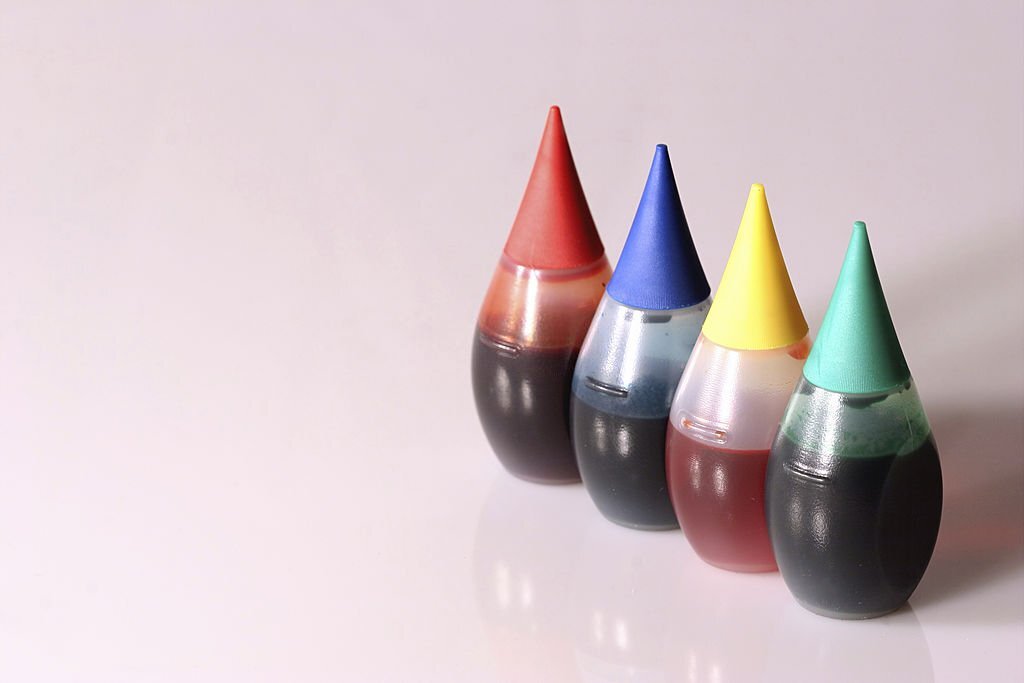
A rainbow that harms!
Food manufacturers prefer using dyes to enhance the colour of their food products. However, colours are not as beneficial to our health.....
By Hetvi Shah
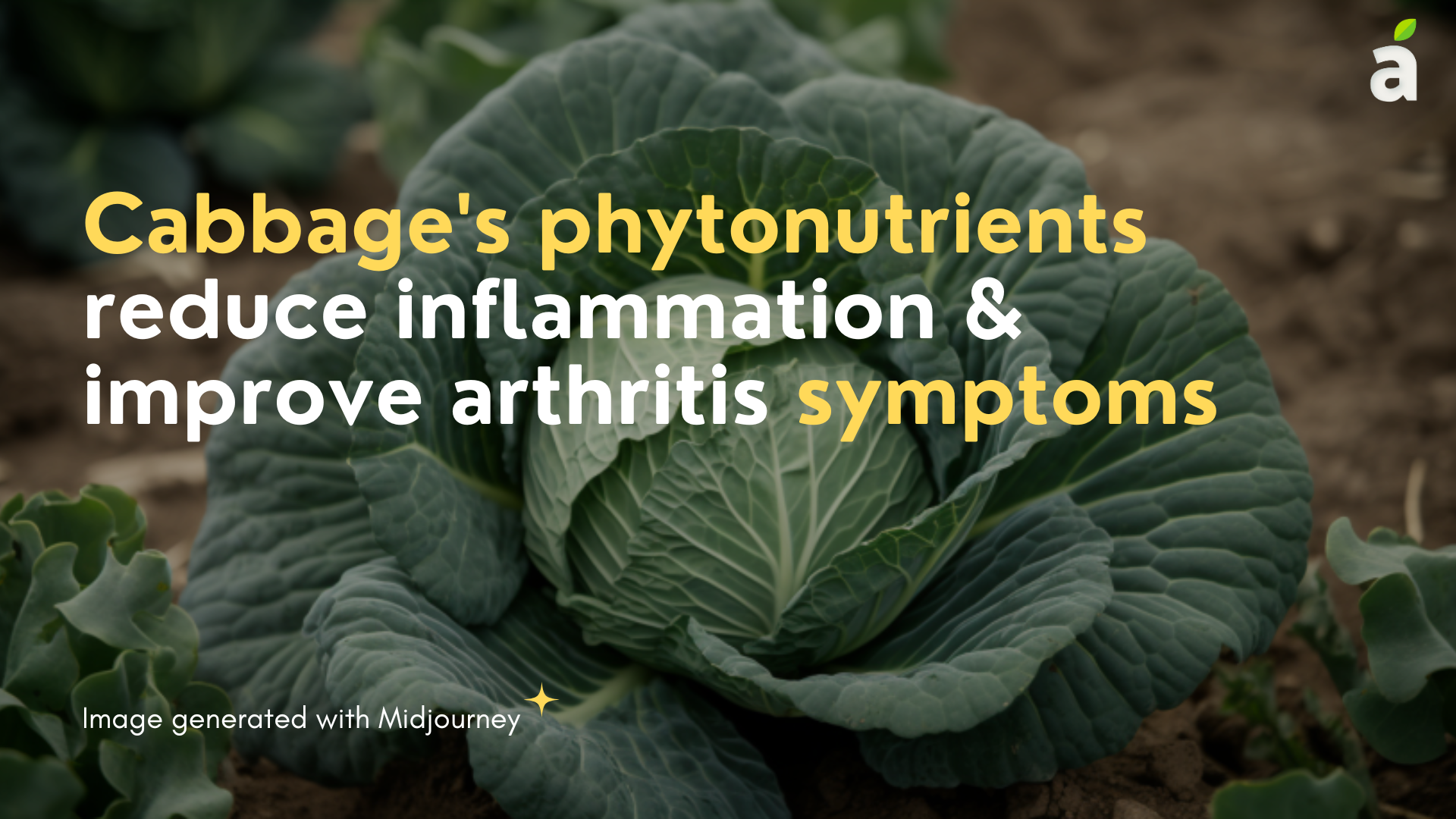
Cabbage: A Cruciferous Wonder
By Naurin Ansari
Related Items
Choose Healthy With Us.
Know the real truth about your food. Stay informed and healthy, for free.

Download the App Now
Certified nutritionists trust our food recommendations. Safe to say, so can you :)




